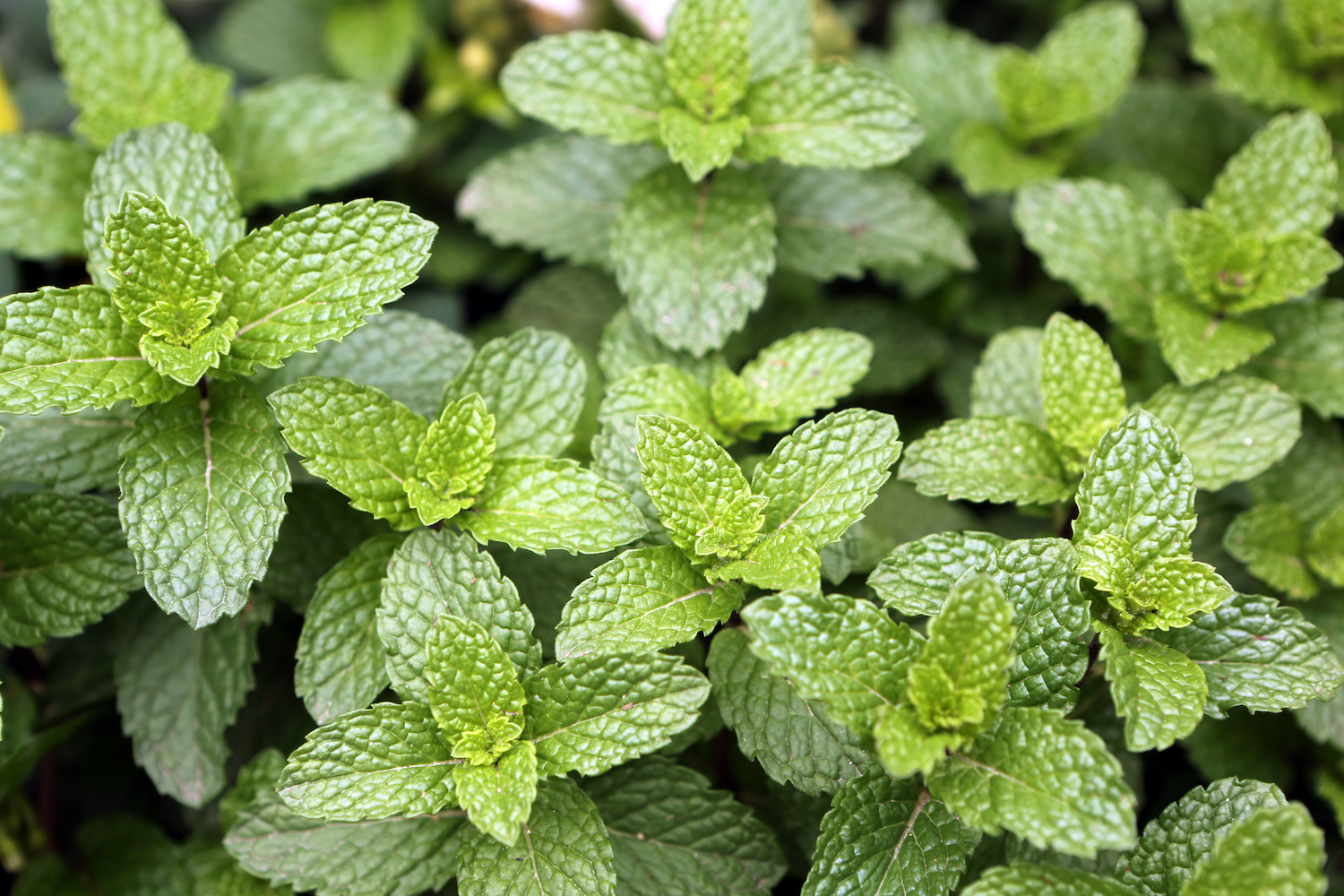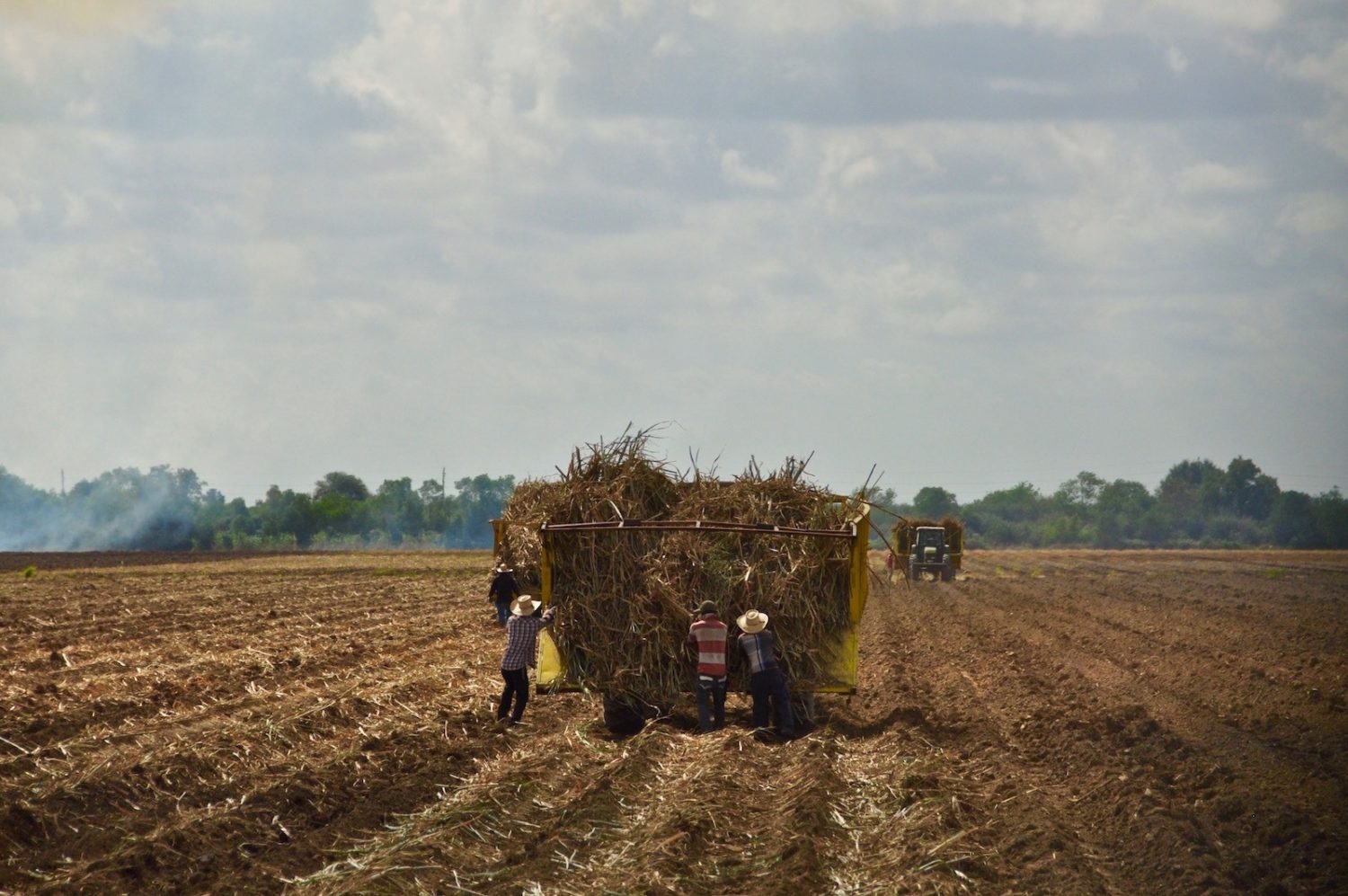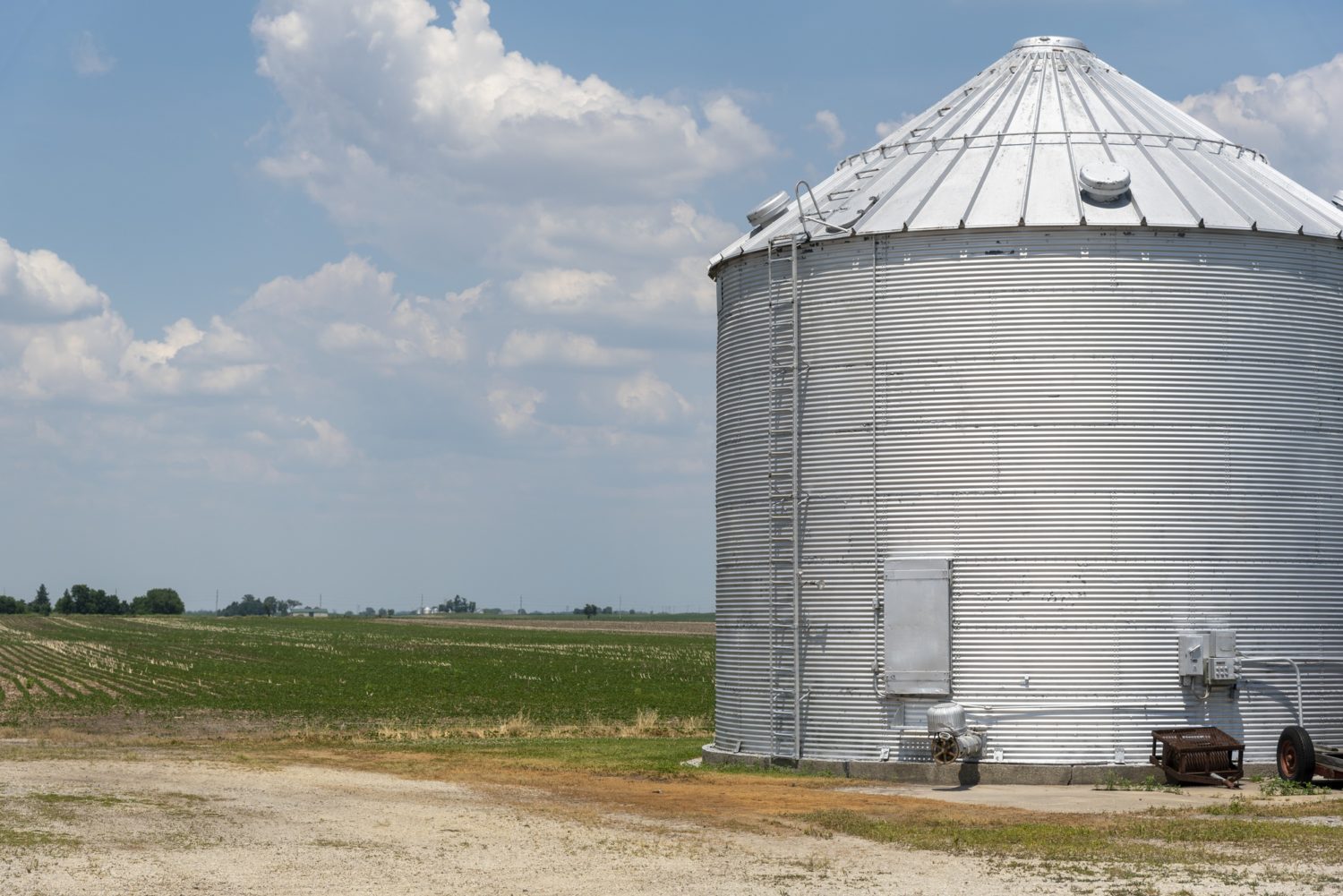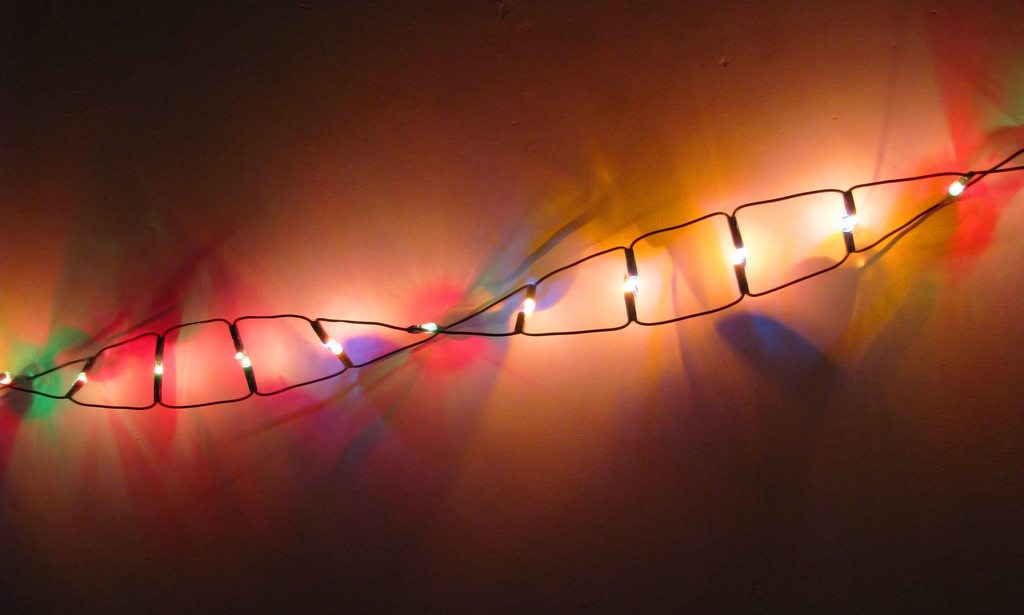Study: Tinted panels may help solar gardens double as richly productive crop fields
Farming crops under solar panel installations—a practice known as agrivoltaics—has been a boon in many ways. It’s a highly efficient use of land that can reduce electricity costs while protecting crops from extreme weather. But there’s always been one huge drawback: The shadows that solar panels cast inhibit photosynthesis, minimizing plants’ growth potential.
Now, a breakthrough may be on the horizon: A new tinted panel design can filter certain light wavelengths through to crops, while maintaining electricity-harnessing elements, according to a new study published in Advanced Energy Materials. As Anthropocene reports, basil and spinach grown during the study had much higher above-ground masses—63 percent and 35 percent respectively—compared to the same produce grown under clear panels. The harvest from the tinted panels was also richer in protein. Sounds like a win-win.







